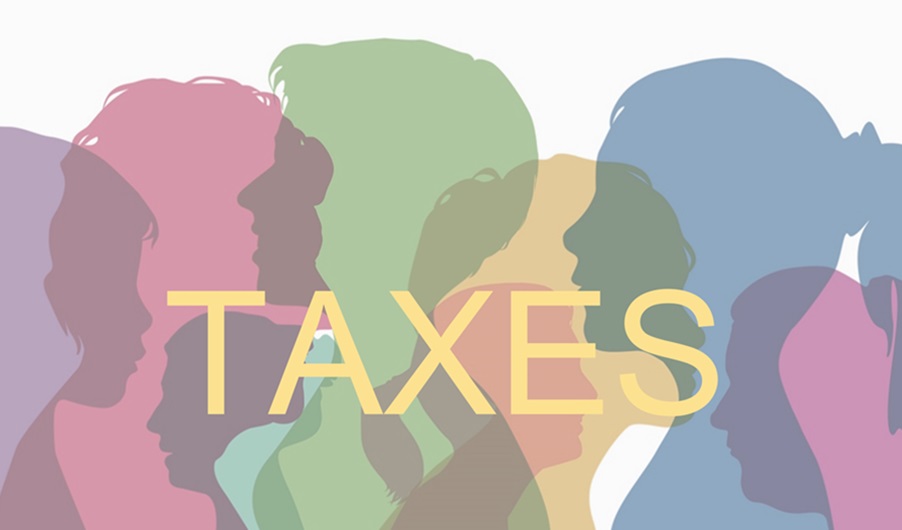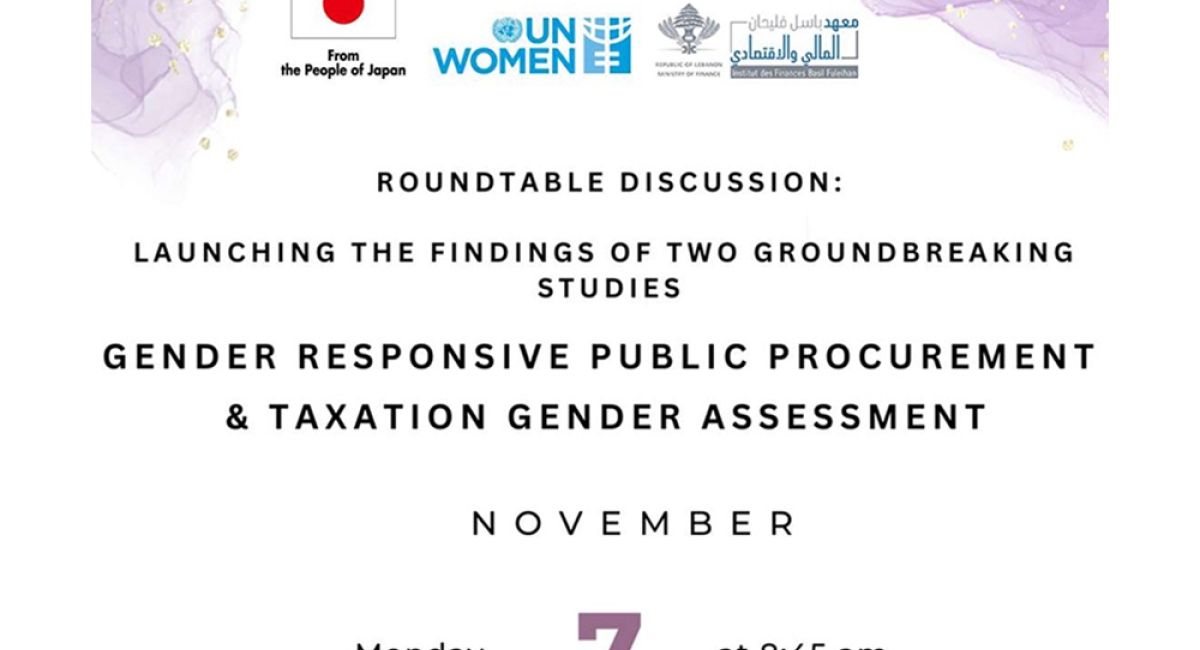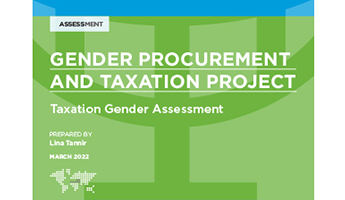Taxing for gender equality should start by identifying the gender effects of a tax system while also assessing the current use of public capital and impacts of debt, illicit financial flows, and tax administrative capabilities. In assessing the impact these policies have on businesses, households, and individuals, decision-makers must examine individual character istics such as gender, but also living conditions, age, geographic location, and health.
Understanding the composition of a country’s tax revenues is essential.
This project consists of a report that aimed to analyze the Lebanese tax system from a gender perspective by analyzing the explicit and implicit gender gaps. It provides recommendation towards a gender equitable tax system.













